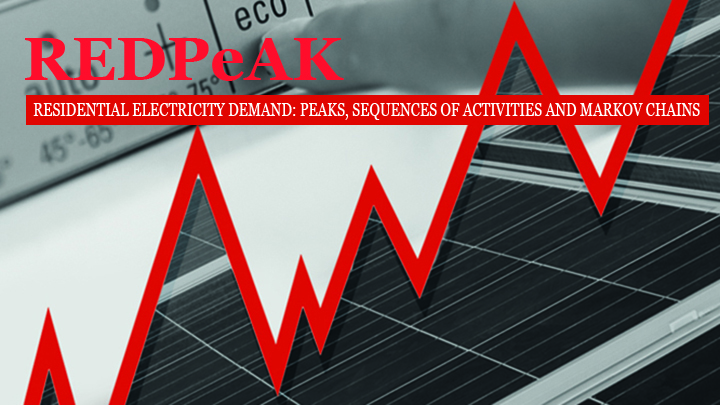Producing energy for the UK has always been a fine balancing act – over-supply leads to inefficiency through energy wastage, while under-supply leads to inconvenience in the form of widespread blackouts.
To date, the energy industry has typically achieved this balance through flexibility on the ‘supply side’. But an increasing focus on low-carbon generation challenges this approach, with the intermittent nature of renewable energy sources making supply harder to control.
With a view to increasing the affordability and accessibility for consumers, researchers at the University of Reading investigated the potential of facilitating flexibility on the ‘demand side’, through an approach called Demand-Side Response (DSR), which uses a flexible tariff system to reward consumers for changing how and when they use electricity.
The research team, led by Professor Jacopo Torriti, examined the application of DSR within both the residential and the small and medium-sized enterprise (SME) sectors. Their findings have influenced energy policy across the UK, Europe and beyond, including by informing a landmark decision by the UK Government to include DSR in the Capacity Market, the scheme through which contracts are issued for additional power generation in case of significant imbalances created by intermittent wind and solar energy.
The Reading team also demonstrated the relative costs and benefits of flexible electricity tariffs to consumers from different income groups, leading to regulatory reform and ultimately benefiting end-users through lower bills, improved supply and a better quality of service.
Find out more
REDPEAK (project website)
Sooner or later: Shifting the Timing of Electricity Demand (video – Jacopo Torriti Inaugural Lecture, 55 mins)
Demand side flexibility – interview with Jacopo Torriti (blog, Dec 2019)
Renewable energy supply and demand during lockdown – and the best time to bake bread (blog, July 2020)
View the full impact case study on the REF 2021 website: Unlocking Energy and Carbon Savings through Demand-Side Flexibility

